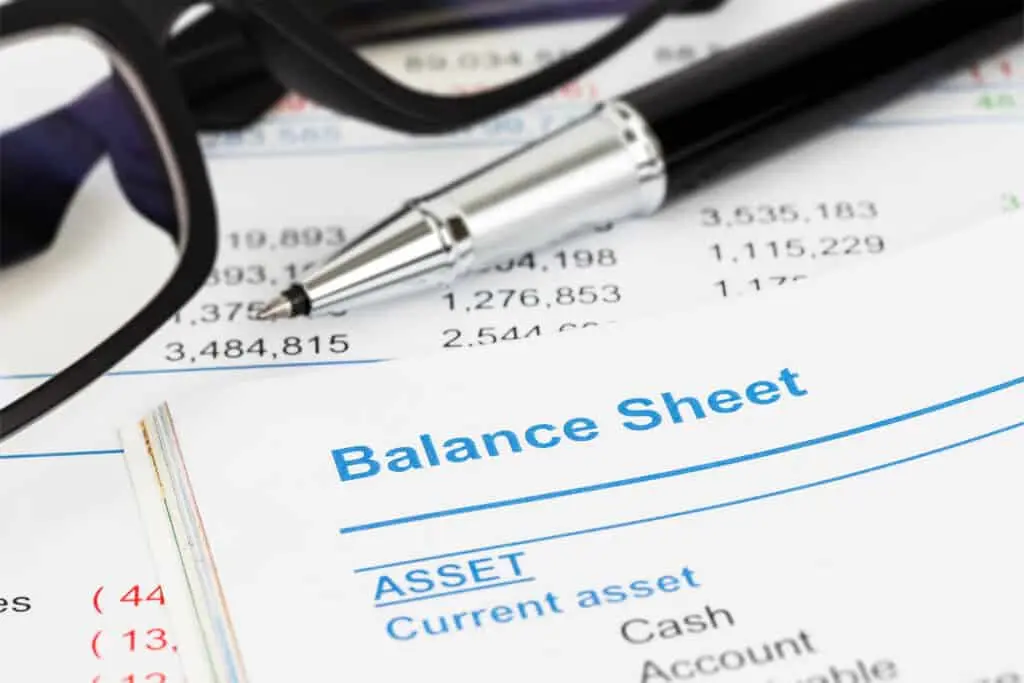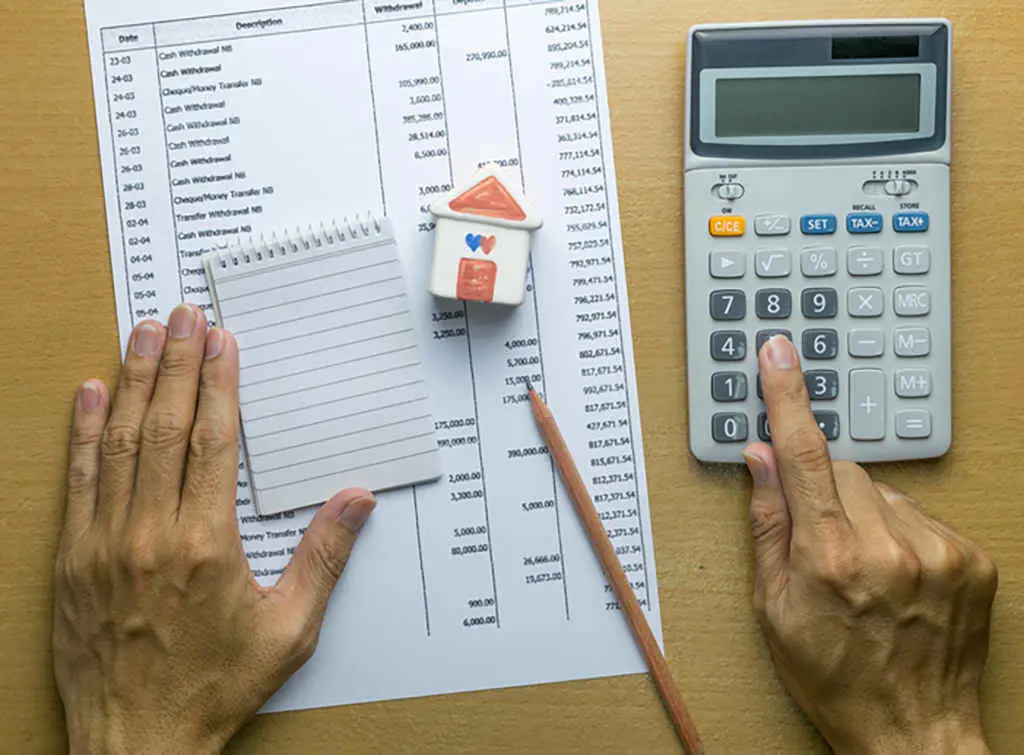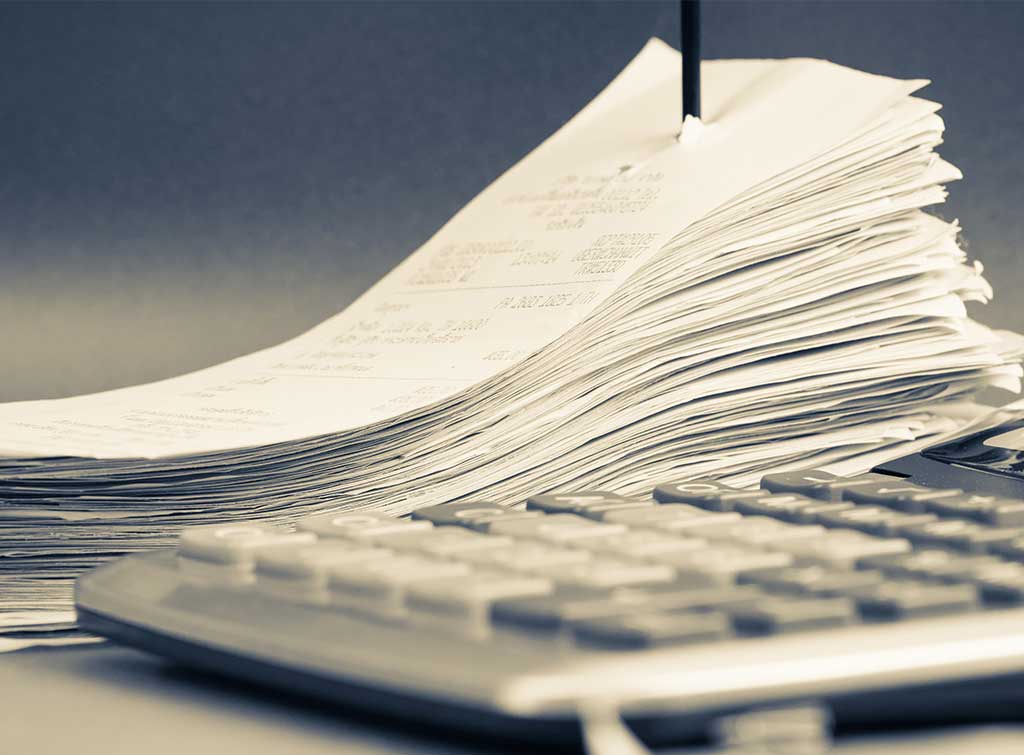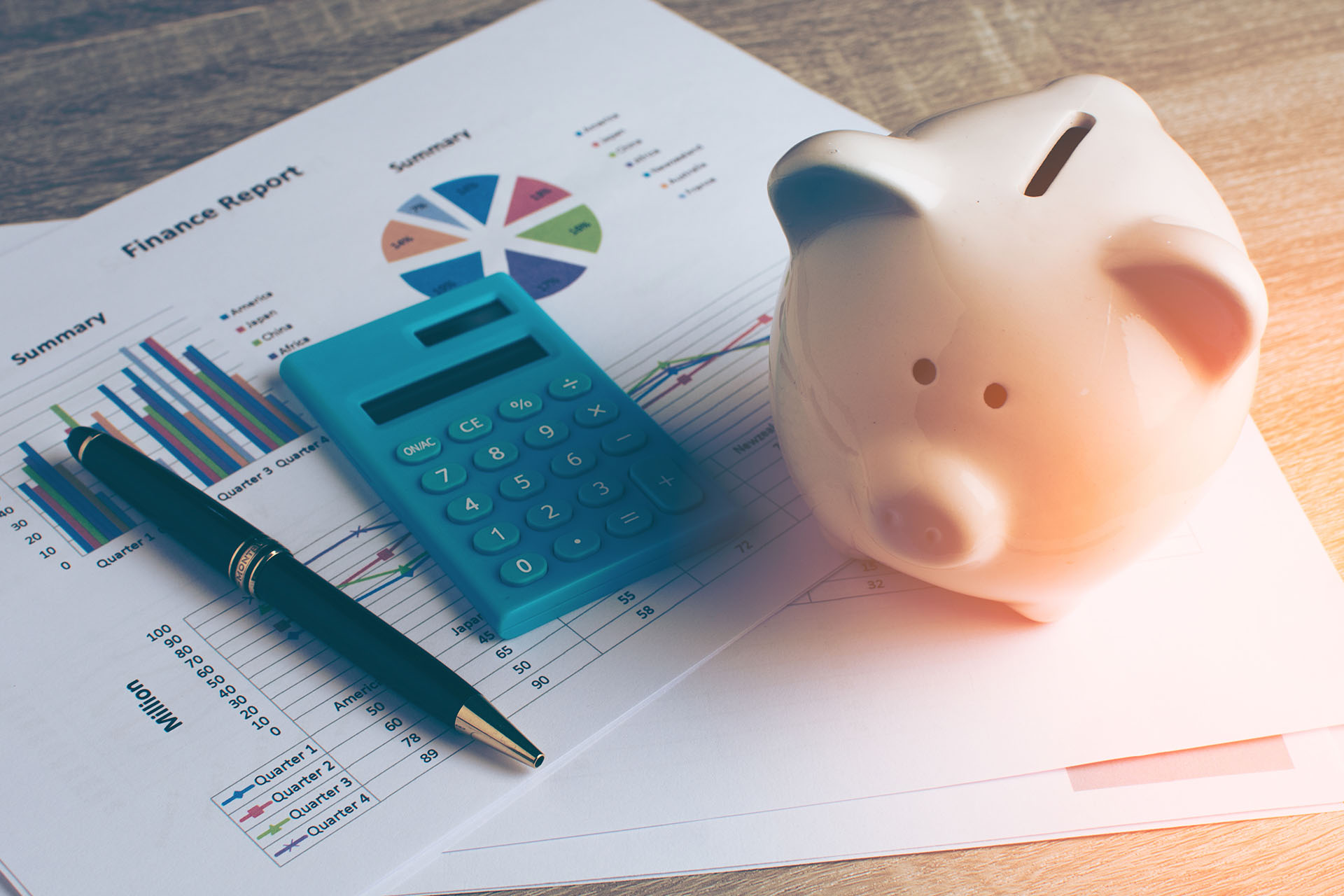Blog>Trade>Finance>What's the difference between bookkeeping and accounting?
Last updated: 30 January 2024
What's the difference between bookkeeping and accounting?
Trying to get your head around the difference between bookkeeping and accounting? Agreed, it can seem confusing. In this post, we explain the difference in simple terms to help you make the right choice for your trade business.

What's the main difference between bookkeeping and accounting?
So, what is the difference between bookkeeping and accounting? Well, to put it simply:
Bookkeeping is the process of recording and organising financial transactions
Accounting is the next stage in the process, which interprets, analyses, and reports on the financial data
What does bookkeeping involve?
Bookkeeping involves keeping a clear and accurate record of money coming into and out of your business.
This means logging your invoices and payments (money in) and expenses and receipts (money out) on a regular basis.
This information allows you to:
Manage your finances efficiently
Easily track payments to help manage your cash flow
Claim on business expenses to help lower your tax bill
Simplify the process of submitting your self-assessment tax return to HMRC
Get help managing your finances
All our members get a free finance app on us for the first year
What does accounting involve?
Hopefully, now bookkeeping is a bit clearer.
But what's the difference between bookkeeping and accounting? In a nutshell, accounting starts where bookkeeping ends.
The information collated during bookkeeping is used by accountants to summarise, analyse, and report on the data to help you make informed decisions about your business, including:
Tax efficiency - The accounting process will help to ensure your business is tax-efficient
Business development - Your accounting records will help you to make sound decisions when it comes to financial planning for your small business
Compliance - Accountancy services will help to ensure your business's compliance with reporting and taxes
Doing small business accounting for tradespeople on your own can feel daunting, but there's plenty of support from resources like the ones here on Checkatrade. But if you feel overwhelmed by the thought of doing your own accounting, you might want to look into how to find an accountant.
If you're looking for financial support and advice more than accounting support, then a financial advisor might be what you need.
Of course, there's plenty of differences between an accountant and a financial advisor, so make sure you do your research before committing to any services.

Do bookkeepers and accountants need to be qualified?
Another difference between financial accounting and bookkeeping is that all accountants have to be chartered by a regulatory board before they can offer their services to businesses.
You can search for a qualified accountant by location on the Institute of Financial Accountants website.
It is possible to do the bookkeeping for your own business without any formal qualifications. However, to offer bookkeeping services to businesses, you must have an AML (Anti Money Laundering) license and the relevant bookkeeping qualifications.
Bookkeeping for small business made simple
The importance of bookkeeping for your small business Bookkeeping for your small business is vitally important. It's the process by which you record and report monies coming in and payments going out of your business. Keeping on top of your company bookkeeping allows you to manage your finances
The similarities between bookkeeping and accounting
The similarities between bookkeeping and accounting are that both involve recording and classifying financial transactions, and both require basic accounting knowledge and good numerical skills.
The information generated by both bookkeeping and accounting is used to make business decisions.
Get help managing your finances
All our members get a free finance app on us for the first year
Do I need a bookkeeper or an accountant?
Now we know the difference between a bookkeeper and an accountant, you probably have a clearer idea of which service you need for your business. Bear in mind that an accountant can in theory also help with your bookkeeping, but that a dedicated bookkeeper will not necessarily be able to do complex accounting.
To help make your decision, consider:
The services you need: do you need help with basic bookkeeping, tax planning, compliance, support with business growth plans and investment, etc.?
The input you require: would it benefit your business to have a financial professional with knowledge of your industry sector, e.g. the CIS?
Your budget: bookkeepers and accountants will have different pricing structures; how far does your budget stretch for the services you require?
Your own capabilities: do you have the time and the know-how to do your own bookkeeping and/or tax return, for example?
If you are thinking of managing your self-employed finances, a sound investment would be a Checkatrade membership.
In addition to a business listing on the leading trade directory, our members receive exclusive deals and discounts with carefully selected partners, saving hundreds of pounds on business essentials.
Is a Checkatrade membership worth it?
One way to figure out whether the cost of something is worth it is to look at ROI (Return on Investment). In its most basic sense, this is how much something costs compared with the income it generates. Working out the ROI of a Checkatrade membership is definitely a must-do for any trade business

FAQs
Which is better, bookkeeping or accounting?
Both bookkeeping and accounting are essential functions for a business. Bookkeeping offers the more basic function of recording and organising financial transactions, whereas accounting offers a broader scope of services, including the interpretation and analysis of financial data to make informed business decisions.
What is the difference between accounting and bookkeeping?
The main difference between accounting and bookkeeping is that bookkeeping records and organises financial transactions. Whereas accounting interprets, analyses, and reports on that financial data.
What comes first, accounting or bookkeeping?
Bookkeeping comes first. Accounting is the next stage in the process.
Should I get a bookkeeper or an accountant?
Wondering whether you should get a bookkeeper or an accountant? It depends on your needs, your own time and capabilities, and your budget.
Get more jobs for your growing business
Join the best trades on the UK's leading trade directory
Content disclaimer: This content has been created for general information purposes and should not be taken as formal advice. Read our full disclaimer here.




